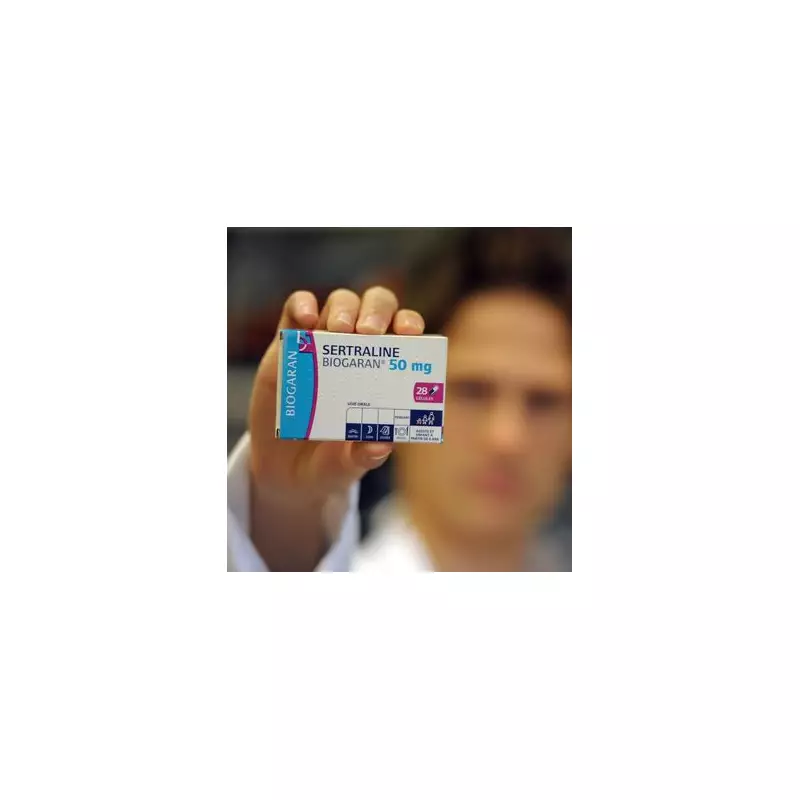
A critical food safety alert has been issued across the United Kingdom, prompting shoppers to immediately check their fruit bowls and shopping bags.
Supermarket giant Sainsbury's has taken the drastic step of recalling a specific batch of its own-brand fruit over serious contamination fears. The product in question is the Sainsbury's White Peaches.
What is the Danger?
The Food Standards Agency (FSA), the UK's food safety watchdog, has confirmed the recall is a precautionary measure due to possible contamination with Salmonella.
Salmonella is a type of bacteria that can cause food poisoning. Symptoms are often severe and include:
- Acute diarrhoea
- Stomach cramps
- Nausea and vomiting
- Fever
In vulnerable groups such as the elderly, young children, and those with weakened immune systems, the effects can be far more serious, potentially leading to hospitalization.
Which Products Are Affected?
The recall is specific and targeted. Here are the exact details of the product you must not consume:
- Product: Sainsbury's Taste the Difference White Flesh Peaches
- Pack size: 4-pack
- Best before date: 29 June 2024
If you have this exact product with this specific use-by date, you must follow the advice below.
What Should You Do?
The FSA and Sainsbury's have issued clear and urgent instructions for customers.
Do not eat this product. Salmonella is not killed by freezing or refrigeration, and cooking may not eliminate the risk entirely.
Instead, you have two options:
- Return it to the store: Take the peaches back to your nearest Sainsbury's store for a full, no-question-asked refund. You do not need your receipt.
- Dispose of it immediately: If you cannot return it, ensure you dispose of the fruit in a secure bin where it cannot be retrieved or consumed by anyone else, including pets.
Sainsbury's has also directly contacted its loyalty card customers who may have purchased the product via email, urging them not to consume it.
A spokesperson for the supermarket apologised for the inconvenience and assured customers that food safety is their highest priority. They are working closely with their supplier to investigate how the contamination occurred.
When in doubt, the safest course of action is to throw it out. Always err on the side of caution when it comes to food safety alerts to protect yourself and your family.





